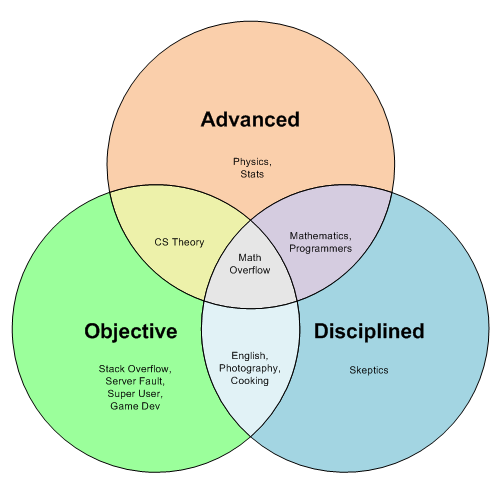Regarding the general reference close reason: it has been on trial on Science Fiction & Fantasy Stack Exchange and English Language & Usage for a few months. You can watch part of the debate that led to it here and here.
On SF&F, we don't use it often (6 times total, out of about 80 closed or retracted questions since the close reason was introduced). It gives a clear way to close questions where an encyclopedia, database or other general reference is the best answer, so there is no need to involve an answerer in the process.
In its absence, you could (ab)use the “too localized” close reason: “this question is unlikely to ever help any future visitors”.
One thing to decide if “general reference” becomes a close reason is what constitutes a general reference. Wikipedia is an obvious one. Standard English dictionaries are another, for EL&U. On SF&F, bibliographical data from IMDB and ISFDB (and that last one isn't completely decided: ISFDB isn't that well known). For SO and Programmers, the reference manual of the language or framework that the question is about would be a general reference. (But what about non-official or hard-to-get-at or not-so-well-known references? Is K&R a GR for C? What about the c.l.c FAQ?)
Note that there's a difference between “general reference” questions and “easily googlable” questions. Following Borror0's diagram: a question is only a general reference question if the answer is easy to find (not scattered across many pages or worded in a way that only people who are already experts can understand), and it isn't a general reference question if you feel that the reference is incomplete and you (as an expert) have more to say that would be useful to the asker. I would add one element: if the first Google hit is a page that answers the question, but the asker would have no particular reason to trust that site (e.g. it's some random blog post), then the question is legitimate — GR is really more about “look it up first” than “google it first”.
Another thing to watch for is the possibility for abuse. “What is X?”, when Wikipedia has an article on X, is a GR question. “I've read the Wikipedia article on X, but it's defined in terms of V and W which I don't know, my background is B, could you explain X to me?” is a valid question. So is “I've read the Wikipedia article on X, but it doesn't discuss context C, how does X relate to C?”.
Regarding this question in particular: it's obviously about loops, so the first thing do do — the minimum amount of research that's expected of any asker — is to browse the Wikipedia article on loops.
I find the Wikipedia article more interesting than the answers here, in fact. It doesn't define a term for each “time through the loop”. There are, however, parts of the article that use the expression “iteration of the loop” or “loop iteration”, without defining it explicitly. This suggests to me that the term “iteration” is the accepted term in part of the community, while another part doesn't use the word. I didn't get that vibe from the answers here.
There's a “smell” in the question, by the way. If you need to work around the “quality standards”, this suggests that your question isn't very high quality.
Maybe I'm being too negative against the question, and we just need to wait a little more to have good answers. Someone suggested the term “pass”, and there is some debate about it. So at least it does show that the community is divided.

